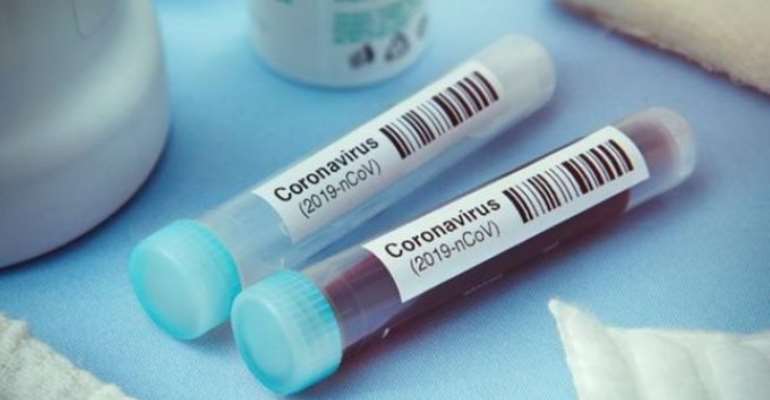Understanding Grammar through the Pandemic

The world, at the moment, is experiencing a pandemic and this means a disease which is prevalent over a whole country or the world. It should not be mistaken for an epidemic which is a widespread occurrence of an infectious disease in a community at a particular time. Individuals must play their roles to avoid contracting the disease. To catch or acquire an illness through the exposure to a contagious pathogen is to contract it. Diseases are not contacted but can be contracted through contact between or among people.
To stay safe, wash your hands regularly in a washbasin. I mean that thing often erroneously referred to as wash hand basin. Note that when anyone shows symptoms, what you raise is the alarm and not an alarm. To make people understand the danger of something is to raise the alarm. When you realise a person is catching a cold, a statement often wrongly expressed as "catching cold", you have to run for dear life. Mark you, you run for dear life; not for your dear life. Idioms are fixed expressions and should not be distorted.
Remember, COVID-19 isn't a child's play. Oh sorry! The standard expression is to say: COVID-19 isn't child's play. The idiom does not attract the article "a".
At this time, you have to stop going from house to house; not from one house to the other or to another. And remember, you set your foot in someone's house (not your feet). So, do not set your foot in anyone's house at this time even if they live at a stone's throw. Yes, I said at a stone's throw and not at a stone throw.
May I inform you that the government has engaged in peace talks with religious leaders to inform their congregations that they won't be doing themselves any favours by moving around. I didn't make a mistake by adding those s's to talks and favours; they come with the idiomatic expressions. In the meantime (I hope you have not been saying in the main time), you have to shelter-in-place. That is what you do when you seek safety within a building you already occupy. I hope you have not been saying you're quarantining. A state, period, or place of isolation in which people or animals that have arrived from elsewhere or been exposed to infectious or contagious disease are placed is a quarantine so if you've been in your house trying to keep safe, you are sheltering in place and not quarantining. Both words are different from being isolated which is what happens when a person tests positive for COVID-19. It is essential to know that you test positive for a virus and not to it.
May God keep us safe and heal our world.
Ganiu Abisoye Bamgbose, PhD.School of Media and Communication (SMC)
(c) 2020 Ganiu Abisoye Bamgbose
